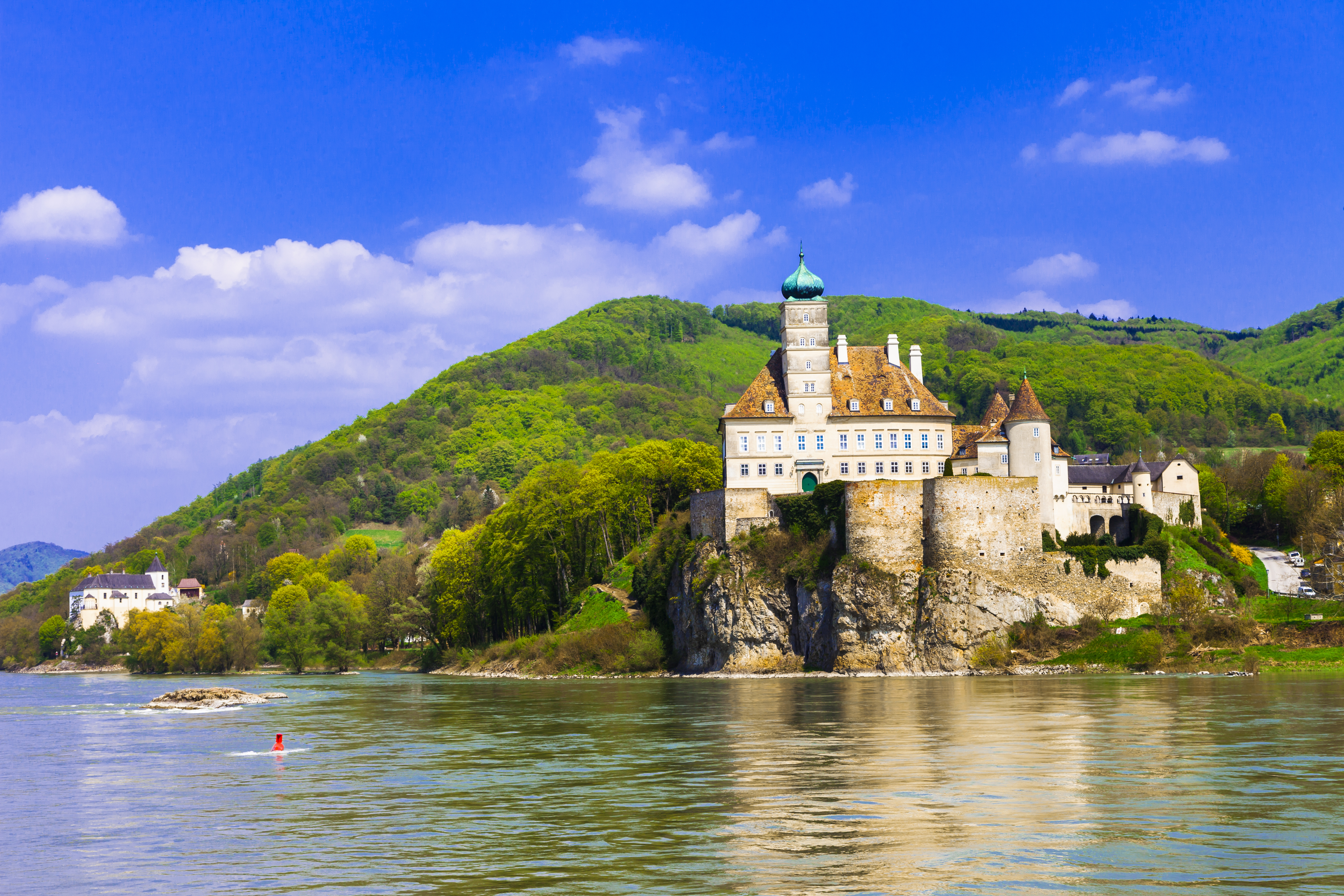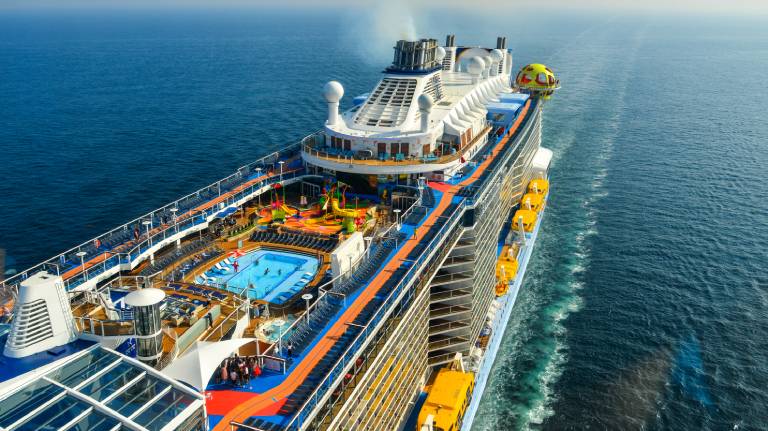Ancient Rome was one of the biggest cradles of civilization in human history. At its height, the Roman Empire spanned all of Italy, most of Europe, nearly every landmass bordering the Mediterranean, a huge part of Western Asia, and England.
Many of us grew up learning Roman mythology or watching films depicting the life and drama of Roman elites. But there are still many stories and customs that are little-known. Below are 4 shocking facts about ancient Romans to share on your next cruise.
1. Rome’s Founding Story Is A Myth

The founding history of Rome was an accepted myth among the earliest settlers and historians. Though, to us, this legend is an obvious fallacy, in early B.C. it was fact!
It is said that twin brothers, Romulus and Remus, were abandoned in infancy and raised by a she-wolf stepmother in the wild. She nursed the twins and they grew strong. Years later, the brothers fought to the death for ownership of the land destined to become the great Roman Empire. Romulus defeated his brother Remus and founded an empire.
This story was included in the first history of the city by the Greek writer Diocles of Peparethus. The twins and their stepmother-she-wolf were also depicted on Rome’s first coins.
You can see the Capitoline Wolf — a bronze statue depicting the legendary founders of Rome and their she-wolf step-mother — and other well-known works of art, at the Capitoline Museums in Rome, Italy.
2. Roman Hours Did Not Last An Hour

The ancient Romans divided the day into 24 hours, as we do today. However, their division was based on the amount of daylight and darkness in the day. They always split the day equally, allotting 12 hours for daylight and 12 hours for darkness. During the summer months, a daylight hour would last longer than a standard hour today. During winter, a daylight hour would be shorter.
3. Many Romans Disliked Philosophy

Apart from inspiring some of the most notable philosophers in history, such as Cicero and Marcus Aurelius, many ancient Romans disliked philosophy. The two main reasons ancient Romans were averse to philosophy were because:
- it was a Greek invention and the Greeks were a conquered race, and
- the study of philosophy, with its concentration on the inner-man, could be considered to untie a man from an active life that would better serve the state.
it was a Greek invention and the Greeks were a conquered race, and the study of philosophy, with its concentration on the inner-man, could be considered to untie a man from an active life that would better serve the state.
These stigmas did not deter the greatest individuals from dedicating their lives to philosophical contemplation. For instance, Marcus Aurelius, considered to be one of the last Five Good Emperors, wrote Meditation — a philosophical tome written entirely in Greek — during his military conquests. One of his more notable quotes is, “The universe is transformation: life is opinion.”
To immerse in ancient Roman culture, we recommend visiting the National Museum of Rome, especially the Palazzo Massimo collection, which houses one of the world’s largest collections of ancient Roman art!
4. Roman Emperors Poisoned Themselves Every Day

From the end of the first century A.D., Roman emperors had adopted the daily practice of taking small amounts of poison. This was an attempt to improve the body’s immune system to deadly toxins. Emperors would ingest a mixture known as Mithridatium, named after the originator of the practice, the King of Pontus, Mithridates the Great who reigned from circa 120 to 65 B.C.
Get The Conversation Started!
If you are sailing through Europe, along the Western European Coast, or through the Mediterranean Sea then these 4 facts about ancient Romans are a great conversation starter. Sharing a fun history lesson is a great way to establish memorable connections with your fellow travelers, so brush up on the facts!
If you want to experience the heart and history of the Roman civilization, then sailing the Mediterranean aboard MSC Cruises or Royal Caribbean is a great place to start planning your trip! View Mediterranean cruises here. If you’d like to visit specific port destinations in Europe and Italy then contact our Personal Vacation Managers® at 800-709-9507. They will make sure your itinerary meets your expectations and can even assist in connecting you with the best personal tour guides.




